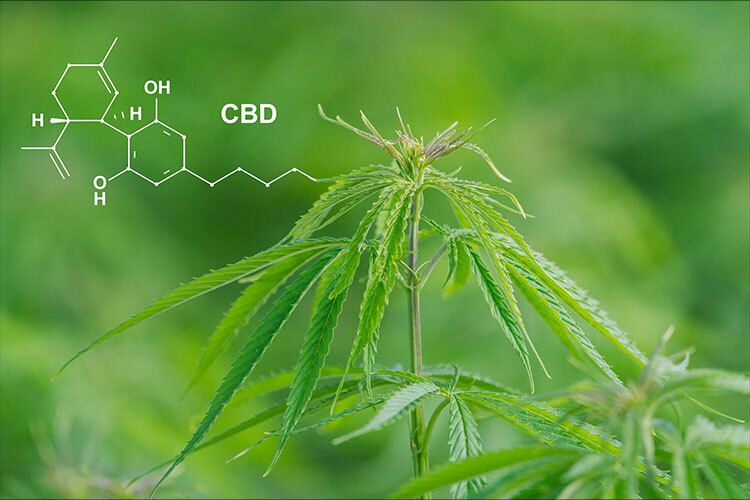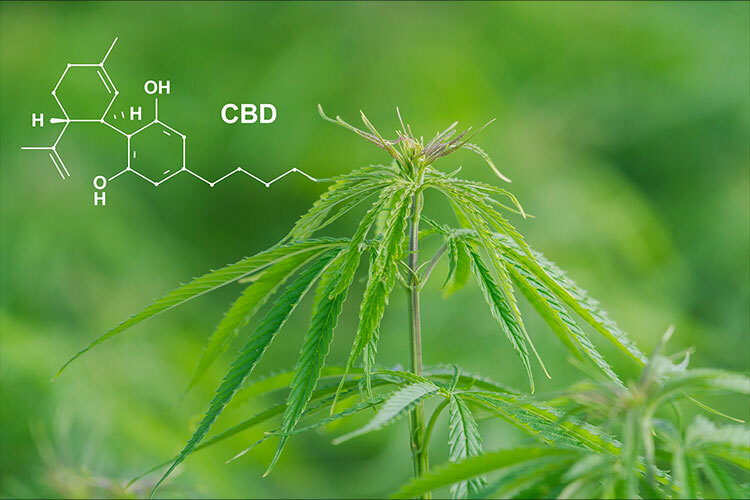

A research project funded by the National Institute on Drug Abuse will be published in the journal PLoS ONE to explore whether cannabis-derived CBD can help people with cannabis use disorder reduce or stop using THC. The study uses a double-blind randomized trial to target people who heavily use cannabis concentrates and want to quit or reduce their use. Researchers at the University of Colorado point out that unlike THC, which is addictive and intoxicating, CBD has no intoxicating effects and has a low risk of abuse. Previous studies have shown that CBD has an alleviating effect on drug-seeking behavior and anxiety in opioid-dependent people, which provides support for its potential in treating cannabis use disorder.
The paper states: “Taking into account the combined evidence from previous studies, CBD combined with low-dose THC may alleviate withdrawal symptoms in cannabis users, and this mechanism of action may promote the therapeutic efficacy of cannabis-derived CBD for reducing cannabis use.”
"CBD containing low levels of THC may reduce THC drug reward, withdrawal, anxiety, and overall THC use in heavy concentrate users," they wrote, "supporting the potential for hemp-derived CBD to reduce THC use and alleviate withdrawal symptoms in this high-risk population. However, no placebo-controlled trials have been conducted comparing the effectiveness of hemp-derived CBD with and without THC in reducing THC use."
Although THC and CBD interact with the same receptors in the human brain, exactly how CBD regulates the body’s relationship with THC remains to be explored by scientists.
